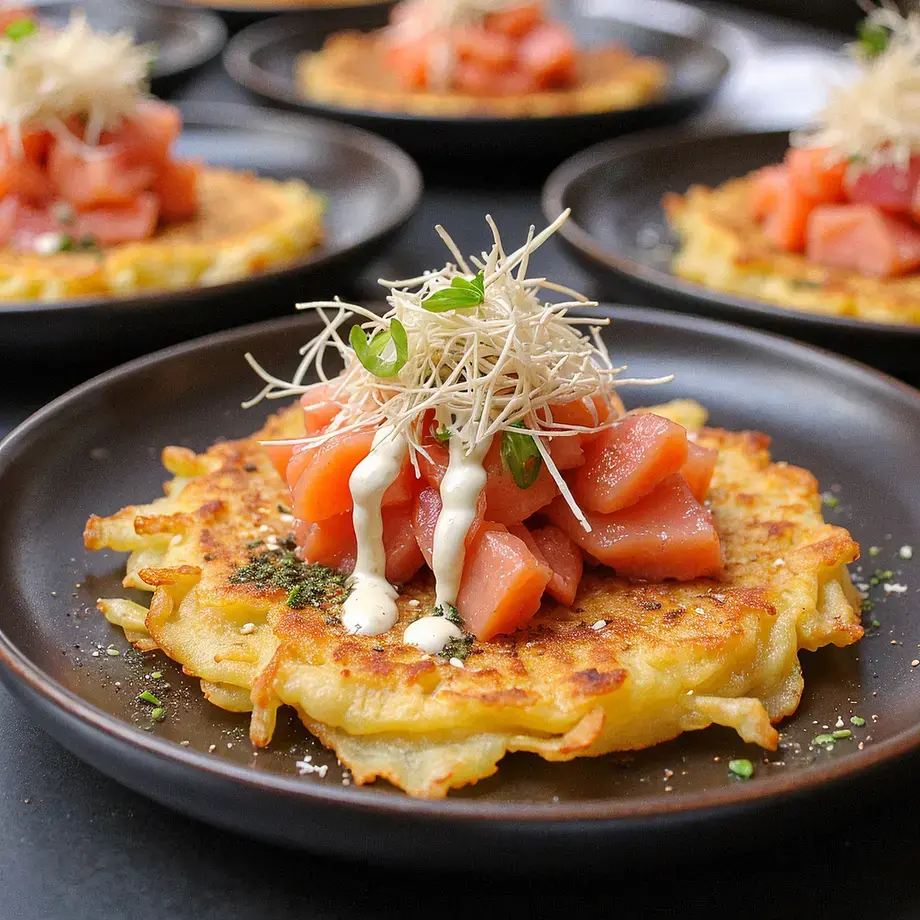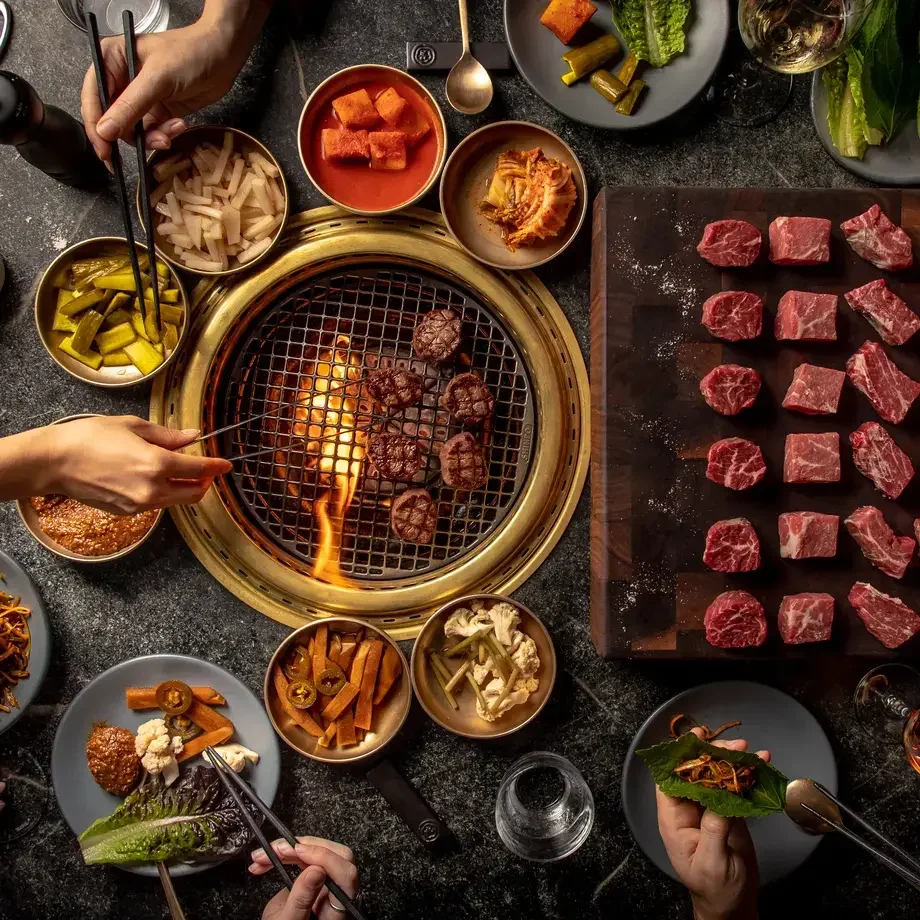iStock
Japan. This Asian country is home to the most expensive melons in the world. The Yurabi King melon is grown in the town of Yurabi on the island of Hokkaido. The melons are grown in volcanic ash, harvested by hand, and prized for their sweetness. One melon can cost up to $10,000.
Kavun. The Turkish word for melon is kavun, which originated from the ancient word kagun.
Lycopene. A powerful antioxidant responsible for the bright pink color of watermelons. Studies indicate lycopene has anti-cancerous properties and can protect heart health. Lycopene is also present in tomatoes, guavas and pink grapefruit.
Muskmelon. Derived from the Persian word for aroma and the French word for melon. Muskmelon refers to a species of melons that includes Crenshaws, Honeydew, Cantaloupe, Casaba, and Persian melons.
Noir Des Carmes. A French heirloom melon also known as Black Rock thanks to its very dark skin. It belongs to the same family as cantaloupes and was famously grown by the Carmelite monks. It is very hard to find, as it must be consumed within two days of harvesting.
Ottoman cuisine. Stuffed melon was a prized dish of the Ottoman empire. This delicacy features a melon stuffed with a variety of meats, fruits, and/or rice. The optimal melon for this preparation is a small, round, and about the size of a grapefruit.
Persian melon. A large, oblong-shaped melon similar in flavor to cantaloupe. Persian melons have green skin and a bright orange flesh. They are in season from July to late October.
Queen Anne’s Pocket Melon. An heirloom variety of melon that became popular in the American South. This tiny melon literally fits inside a pocket and has lovely yellow and orange stripes. It has been around since Victorian times and was prized for its sweetness.
Refrigeration. Once melons have been cut the key to their preservation lies in refrigeration. Melons should be peeled, sliced into the desired shape, and stored in an airtight container. They can be refrigerated up to one week. However, uncut melons should be stored at room temperature to preserve their sweetness.
Seeds. Melon seeds are known as magaz in India. Magaz are considered a health food and are a popular addition to different recipes including panjiri, a hearty dish of nuts and seeds given to new moms for six weeks after childbirth.




















